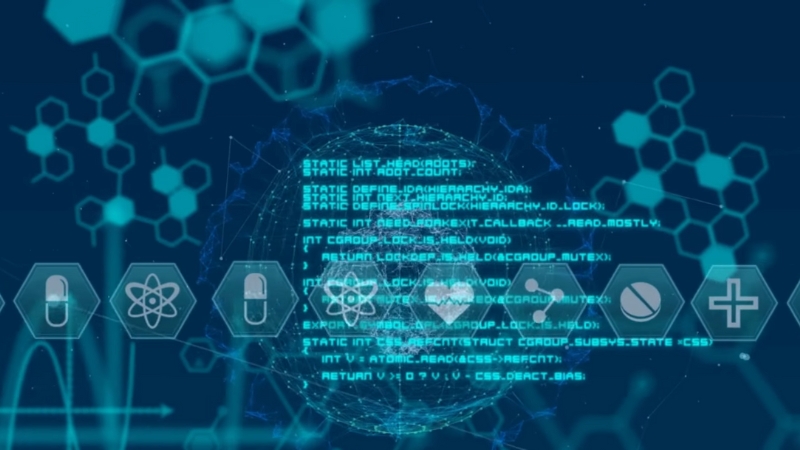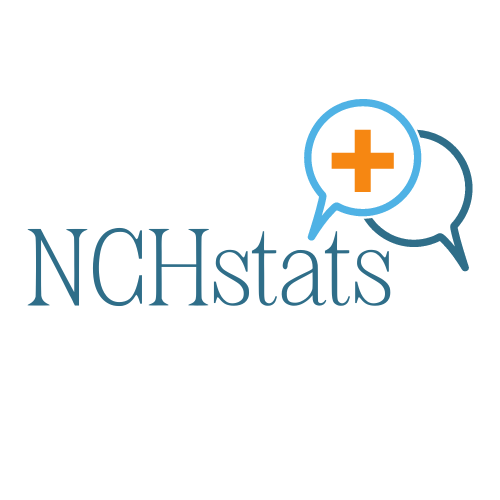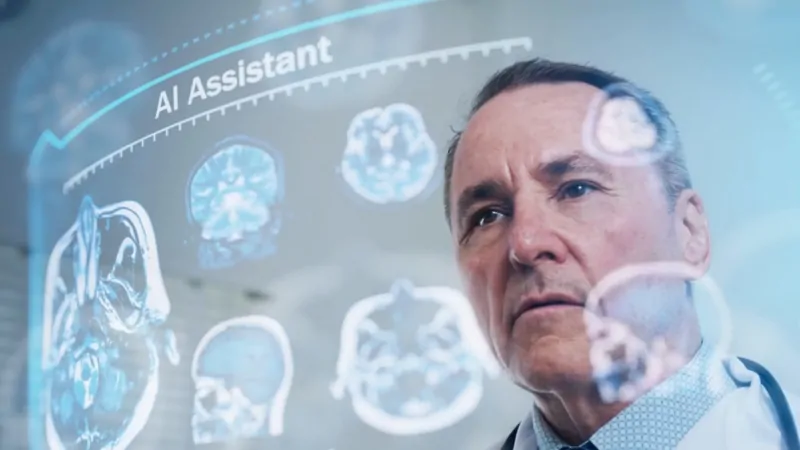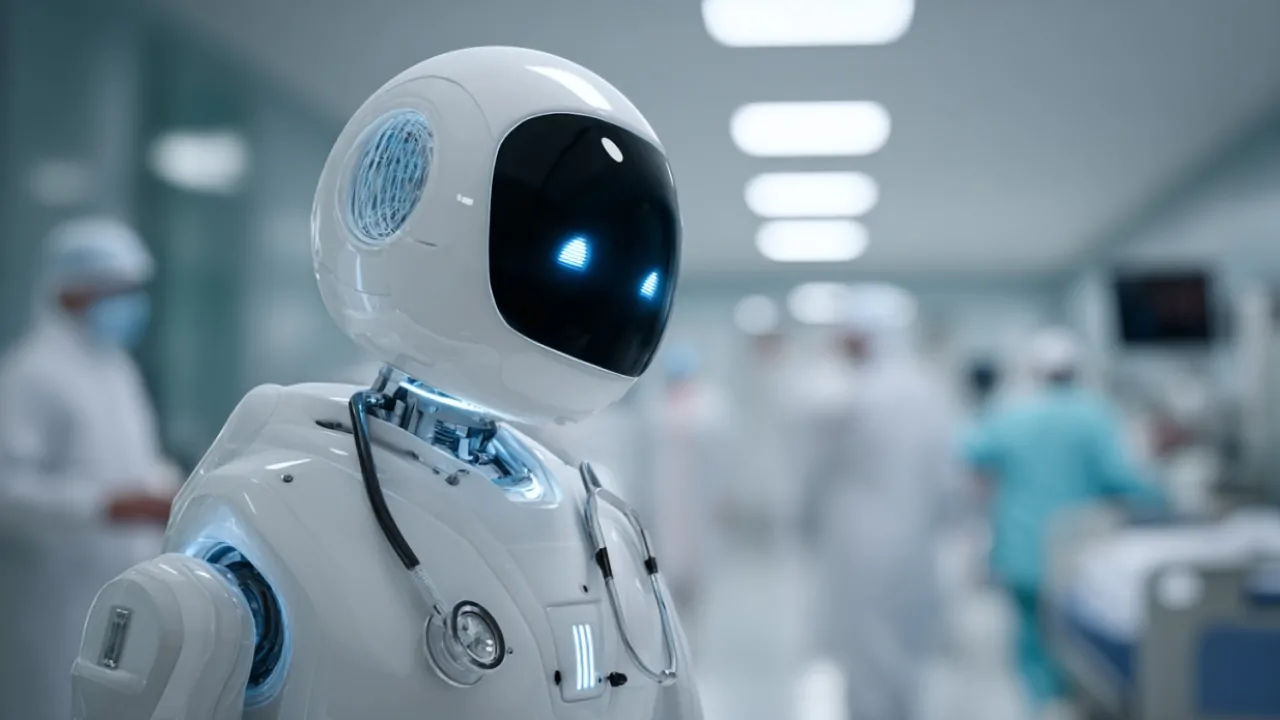When I first read that an artificial-intelligence model could predict over a thousand diseases up to twenty years before symptoms appear, my instinct was equal parts awe and unease.
Predict the flu, sure, but cancer? Alzheimer’s? The time and place of a heart attack?
That’s the claim behind Delphi-2M, a new European AI system built by scientists from the German Cancer Research Center (DKFZ), Cambridge University, and Danish health agencies. It doesn’t diagnose; it forecasts.
Using the medical histories of millions of people, Delphi estimates what might happen to your body decades from now, down to the likely sequence of illnesses.
To some, it’s a medical miracle in progress. To others, it’s a mirror reflecting how far we’re willing to let algorithms define our lives.
Table of Contents
ToggleA Machine That Reads the Language of Illness
Delphi-2M works much like a language model, only its “sentences” are made of ICD-10 disease codes, the shorthand doctors use to record diagnoses. It learns patterns from these codes, the way ChatGPT learns from words.
If you have hypertension, obesity, and a smoking history, Delphi doesn’t see random data; it sees a story with a probable next chapter.
The researchers fed it 400,000 anonymised patient records from the UK Biobank and tested it on 1.9 million Danish cases. The result: an average predictive accuracy of 0.76 across more than 1,000 diseases, and 0.97 for mortality, a level that rivals many established clinical risk calculators.
The system even generates synthetic “digital twins” that reflect the health trends of real populations without revealing any identities. In theory, that could help public-health planners test interventions virtually before applying them to real people.
I spoke with one of the project’s collaborators, who described Delphi-2M as “a weather forecast for health, not a prophecy.” I liked that phrasing. It implies probability, not certainty, a forecast that can still change with the winds of biology and human behavior.
Looking at the Promise and the Pitfalls
@itube.store Revolutionize your health with AI! Delphi 2M can identify high-risk individuals and provide personalized health advice, helping you make informed decisions #highrisk #personalizedhealth #informeddecisions #informeddecision #healthadvice #revolutionizeyourhealth #health #physicalexercise #risk #individual #advice #decisions #identify #provide #helping #help ♬ original sound – iTube Store
At first, I wanted to believe this would revolutionize healthcare. A system that flags risk early enough to save lives before disease even forms, it sounds almost utopian.
But the longer I looked, the clearer the limits became. The dataset is overwhelmingly white, middle-aged, and relatively healthy. That means Delphi may stumble when faced with younger patients, underserved groups, or those with rare conditions.
A clinician I spoke to summed it up perfectly:
“It’s brilliant, but biology isn’t code. The human body doesn’t always follow patterns.”
That line stuck with me. Because, as sophisticated as Delphi is, it still reads correlations, not causes. It’s less about understanding why illness happens and more about spotting the invisible footprints that lead toward it.
The Uneasy Future of Knowing Too Much

As I read through early public reactions and discussed the findings with readers, the same pattern of emotion repeated: curiosity, hope, then discomfort.
One message in particular stood out:
“Imagine how powerful this could be if hospitals use it to prevent disease years before it starts, and how terrifying if insurers use it to deny you coverage.”
That is the heart of the dilemma. The same tool that could prevent suffering could also deepen inequality if placed in the wrong hands.
The research team insists that all training occurred in secure, government-regulated environments and that no personal data was ever left in national systems. Even so, imagining a database that can project my future health left me feeling slightly exposed, as if privacy had quietly evolved from a right into a luxury.
Dreams of Longevity, and the Realistic Middle Ground
I’ve heard technologists talk about the long game: synthetic organs, cell-replacement therapies, and biological rejuvenation. Some genuinely believe AI forecasting is the first step toward engineered longevity.
One futurist I interviewed told me,
“We’re heading toward an era where disease is optional. Predict, prevent, replace, that’s the cycle.”
It’s an enticing vision, but perhaps too clean. The world rarely cooperates with our equations. I doubt that by 2045 we’ll see immortality, but I can believe in incremental gains, a few more years of healthy life earned through early intervention rather than late diagnosis.
That’s the real story here. Delphi-2M isn’t promising eternity; it’s promising time. And that’s a form of power worth exploring, even if it makes us uneasy.
Between Data and Destiny

Reporting on Delphi-2M left me with one persistent thought: what happens when prediction itself becomes part of medicine?
If I knew my probability of a chronic illness at 45, would I live differently, or obsess over every symptom? Would that knowledge empower me or trap me?
AI doesn’t just change what we know; it changes what we can bear to know. That may become medicine’s next real challenge, not accuracy, but emotional tolerance for foresight.
For now, Delphi-2M remains a research tool, not a diagnostic product. Its creators call it a foundation for “preventive intelligence.” I see it as something even broader, a cultural test of how we define control, risk, and trust in a world that increasingly sees the future as data.
Final Reflection
Delphi-2M stands at the intersection of hope and humility. It reminds us how much can be seen through data, and how much still depends on being human.
The technology doesn’t tell the future. It tells us how fragile and traceable our futures might be.
If 2045 arrives with AI whispering our medical destinies, the real question won’t be whether the machine was right. It’ll be how much we wanted to listen.
Related Posts:
- Your DNA Already Knows If You’ll Get Depression, New…
- Are You Relying Too Much on Meds to Get Through the…
- Why Public Health Experts Are Nervous About Bird Flu…
- 11 Most Common Preventable Diseases Affecting Older…
- Top 5 Causes of Cardiovascular Diseases: Statistical…
- How Much Do Teachers Get Paid in the United States…








